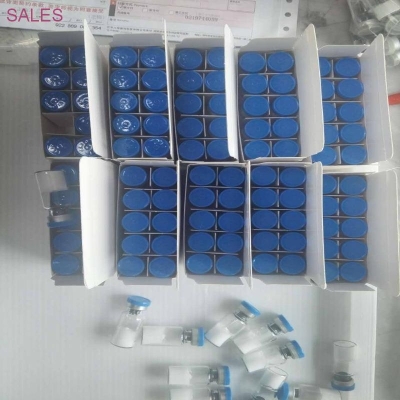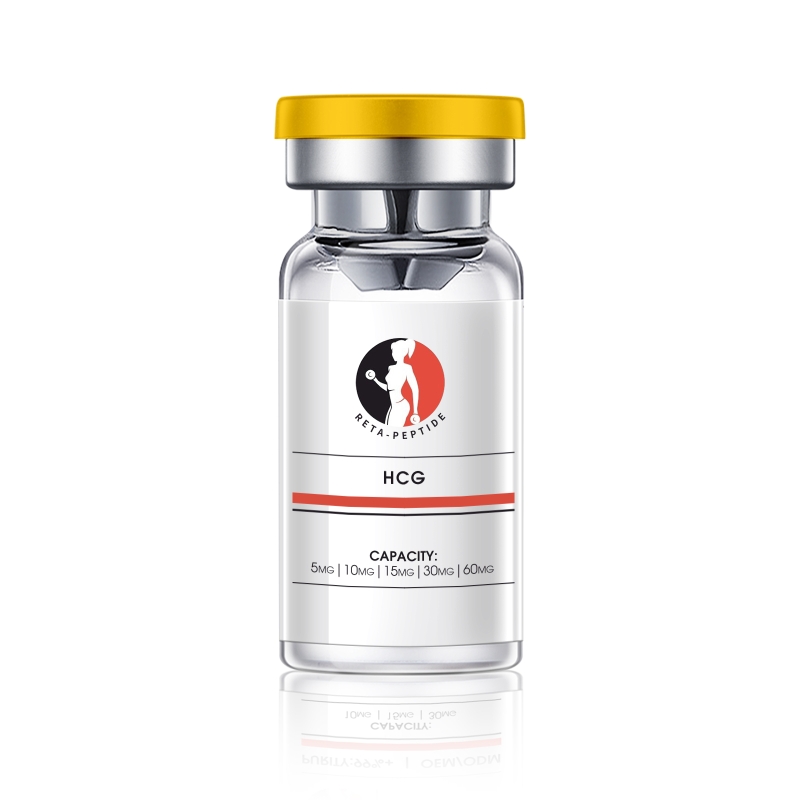-
Categories
-
Pharmaceutical Intermediates
-
Active Pharmaceutical Ingredients
-
Food Additives
- Industrial Coatings
- Agrochemicals
- Dyes and Pigments
- Surfactant
- Flavors and Fragrances
- Chemical Reagents
- Catalyst and Auxiliary
- Natural Products
- Inorganic Chemistry
-
Organic Chemistry
-
Biochemical Engineering
- Analytical Chemistry
-
Cosmetic Ingredient
- Water Treatment Chemical
-
Pharmaceutical Intermediates
Promotion
ECHEMI Mall
Wholesale
Weekly Price
Exhibition
News
-
Trade Service
1-(2,4-Dichlorophenyl)-1-propanone, also known as DCP, is a chemical compound that has a wide range of applications in the chemical industry.
This article will discuss some of the most common applications of DCP in the chemical industry.
One of the most common applications of DCP is as a reagent in chemical synthesis.
DCP is used as a building block in the synthesis of various organic compounds, such as pharmaceuticals, pesticides, and other chemical products.
Its useful properties, such as its ability to undergo a wide range of chemical reactions and its stability, make it an ideal reagent for use in chemical synthesis.
Another application of DCP is in the production of polymers.
DCP is used as a monomer in the production of polypropylene, a type of plastic that is used in a wide range of applications, including packaging, textiles, and automotive parts.
DCP is also used in the production of other types of plastics, such as polyvinyl chloride and polyethylene.
DCP is also used in the production of dyes and pigments.
It is used as a precursor in the production of a range of dyes, including direct dyes, acid dyes, and basic dyes.
These dyes are used in a wide range of applications, including textile dyeing and printing, paper dyeing, and ink production.
In addition to its applications in the chemical industry, DCP is also used in the pharmaceutical industry.
It is used as an intermediate in the production of various pharmaceuticals, such as antibiotics, antidepressants, and anti-inflammatory drugs.
Its stability and reactivity make it an ideal reagent for use in the production of these types of drugs.
DCP is also used in the production of agrochemicals, such as herbicides and pesticides.
It is used as a precursor in the production of these chemicals, which are used to protect crops from pests and diseases.
The stability and reactivity of DCP make it an ideal reagent for use in the production of these types of chemicals.
In addition to its applications in the chemical and pharmaceutical industries, DCP is also used in the production of other types of products, such as cosmetics, cleaning products, and fuel additives.
Its stability and reactivity make it an ideal reagent for use in the production of these types of products.
In conclusion, 1-(2,4-Dichlorophenyl)-1-propanone (DCP) is a versatile chemical compound that has a wide range of applications in the chemical industry.
It is used as a reagent in chemical synthesis, in the production of polymers, dyes and pigments, pharmaceuticals, agrochemicals, and other types of products.
DCP's stability and reactivity make it an ideal reagent for use in these various applications.







